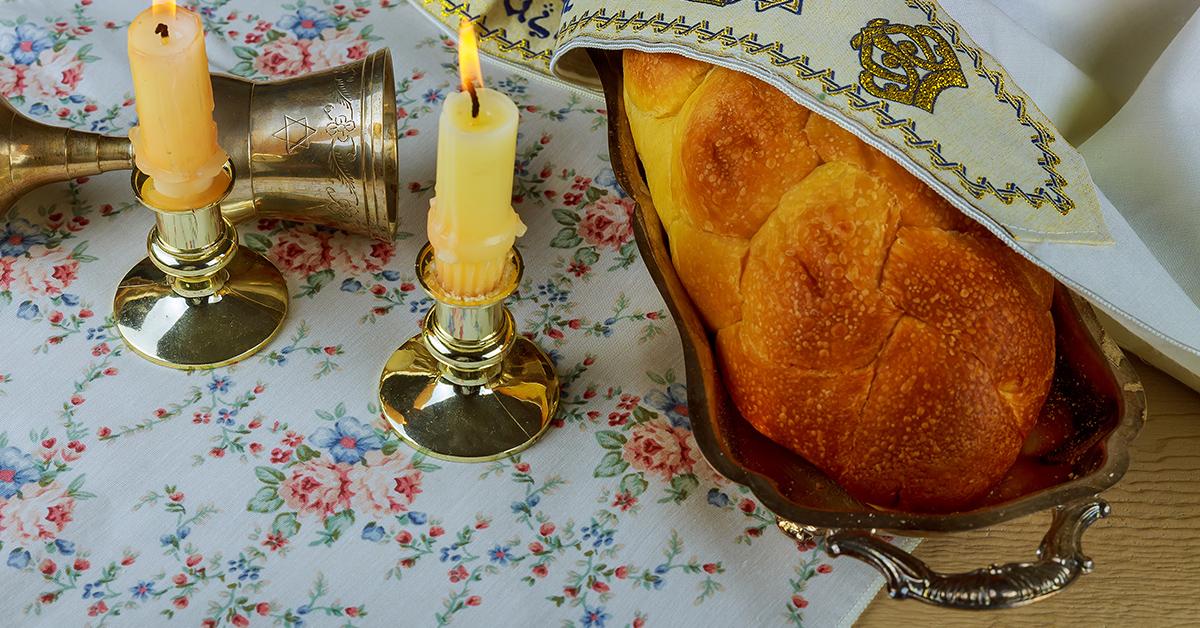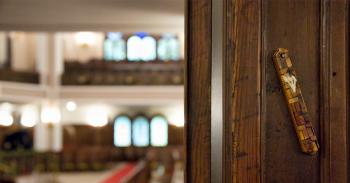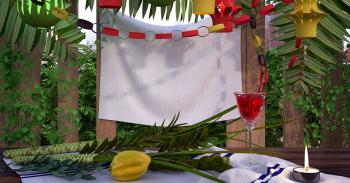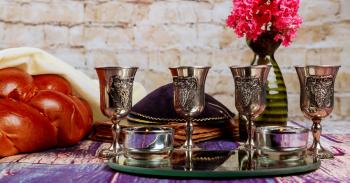
Can you smell that sweet scent of bread, rising through the air? But wait, what day is it today? It's Friday, which means that smell isn't just plain bread. It must be our delicious challah! What is it about that delectable bread, that makes it so special to us? Well, let's start from the cultural reference, looking around the world.
It's easy to tell that each culture around the world developed its own variety of flour and water at some point during its evolution.
Whenever we travel around the world (don't worry, sometime in the future we'll be able to hop on a plane and enjoy a relaxing vacation without worrying about lockdowns :) ), one of our biggest joys is to explore the local cuisine. Walking past a small local bakery and peeking in, comparing its bread to what we know, and imagining the taste. Some of us might even step in and buy some.
Local cuisines evolved differently, based on available resources. It seems that most cultures were able to get some kind of flour, to mix in with water, and from there - the variations are beautiful and creative. Some use a type of shortening, fruit, some kind of aromatic spice or different durations of rising time, to change the bread's consistency or odor.
And what about our challah? It's easily one of the best types of breads around, easy to make and beautiful to look at.
Seems like the modern day challah has gone a long way from the one we remember as children. Do you remember the simple version of the challah? The square sided, round-topped, sesame covered one, not as sweet as those made today? Those were great to take up any gravy served during Shabbat.
Today's challahs are often beautiful braids of kneaded dough, with any topping you could dream of, creating a real challenge in holding off until the end of the kiddush.
But why do we need a special bread? What's the deal with challah, why not just eat whatever we want for Shabbat?
Well, why not drink what we want during kiddush? Why not just speak from our heart during any tefilah? The answer here is that these are our mitzvot, our habits, or minhagim.
The importance of mitzvot is great, since they keep the Jewish people united. How so? Well, it's mentioned that our patriarch, Avraham, wasn't any less capable than our father Moses, but Avraham wasn't able to make the Jewish people stick to Judaism as a group, while Moses succeeded. How did Moses make it? Thanks to daily habits, which become an everyday practice in a person's life - the mitzvot. When we do something every day, it becomes a part of our lives.
Along with their important position as mind shapers, guardians of the soul and others, the mitzvot keep us as a part of the group. So when you choose to eat your delicious challah on Friday evening, rather than a slice of bread you found in the freezer, you're making yourself a part of the Jewish people, and that's awesome - thank you for that!
So why not eat the challah every day, and not only on Shabbat? What, and deprive the Shabbat of its uniqueness? A special day like Shabbat deserves special foods and ceremonies. We don't do the kiddush every day, since as you know the kiddush's role is to sanctify the day of Shabbat. We make special delicacies for Shabbat meals, we wear our finest clothes on Shabbat. All to signify the uniqueness of this special day.
So as you can see, the challah isn't just a delicious, great smelling carb, it makes our weekly day of rest even more special.
Thinking of our Shabbat table, all set for the meal, there are some staples that we just can't start Shabbat without. A cup for kiddush, great food, and of course the challah. But the challah isn't just sitting there on directly on the table.At the beginning of the Shabbat evening meal, when we haven't yet stormed the beautiful table, the challah is covered and rested on a challah plate. It is said that the challah is covered so it won't be ashamed by the fact that the wine is blessed first, before the challah becomes the center of attention.
As mentioned, the challah doesn't only get a beautiful cover, it's also rested on a functional plate, to help carve it and make our Shabbat even more special. Now, we wanted to show you a few options to make your Shabbat table more decorative, with challah plates you absolutely have to know about, all included in the challah plate category.
Challah plates make a wonderful gift. It's very common to give challah plates at housewarming parties, anniversaries and engagement celebrations. Here are a few of our favorite challah plate gift ideas:
If you're shopping for anyone who appreciates the gentle and delicate style, have a look at the Late Blooming Challah Plate, which is made of glass and metal. The lace texture makes it look both modestly nostalgic, and modern, in a retro kind of way.
Simplistic nature lovers would absolutely adore the Round Natural wood challah board, which has its own salt holder. Shaped of natural wood, you can really imagine the tree it was once part of.
The Boi challah plate is probably the ultimate choice if you're shopping for those who go for unique and modern twists, made of intricate designs. It features the Lecha Dodi prayer in Hebrew letters, welcoming Shabbat in quiet grace.
And finally, this Anodized challah board is an absolute charmer, since it works with all styles. Its clean and simple look will make it a great match for anyone who doesn't want to commit to a certain look. And it also comes in red!
We're sure that browsing through these beautiful challah plate options opened up your appetite both for a warm challah and for a plate to hold it. The beautiful challah plates category holds many other options, we know we would have loved to set a table for!
Shabbat Shalom :)



